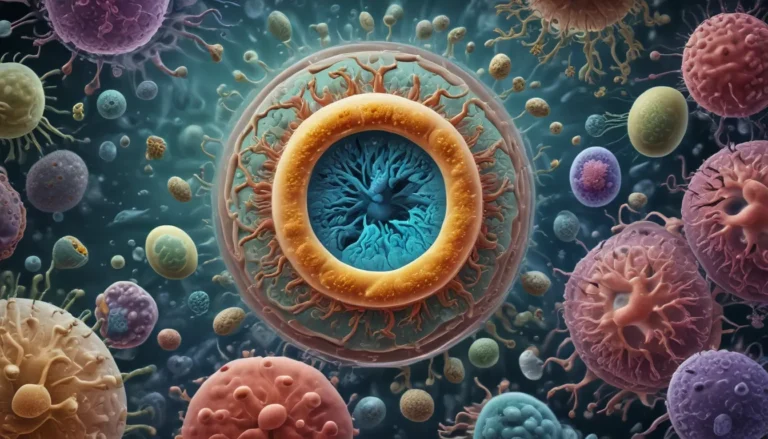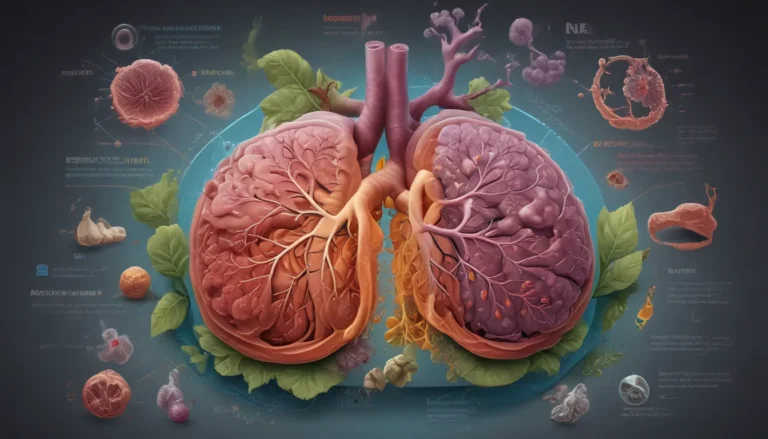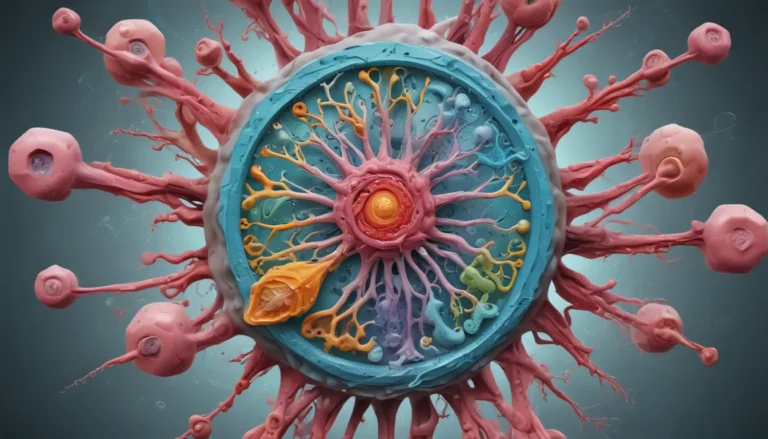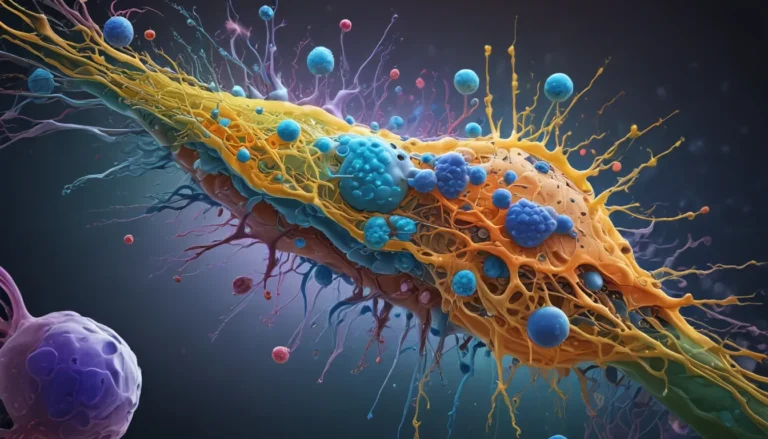A Note About Images: The images used in our articles are for illustration purposes only and may not exactly match the content. They are meant to engage readers, but the text should be relied upon for accurate information.
Fermentation pathways are a cornerstone of biology, playing a crucial role in various cellular processes. These natural metabolic processes allow organisms, ranging from bacteria to human cells, to derive energy in the absence of oxygen. Whether it’s the creation of alcohol, the production of cheese and yogurt, or the development of biofuels, fermentation pathways underpin several intriguing biological phenomena.
Understanding Fermentation Pathways
Fermentation is a metabolic pathway that enables cells to produce energy without relying on oxygen. This process is widespread across organisms, from bacteria to yeast to certain types of human muscle cells. By converting sugars into energy-rich compounds, fermentation allows organisms to thrive in anaerobic conditions, ensuring their survival.
Diverse End Products of Fermentation
Fermentation pathways can lead to a variety of end products, depending on the organism and the specific pathway involved. Common examples include ethanol, lactic acid, and carbon dioxide. These end products find applications in diverse industries such as food and beverage production, biofuel development, and pharmaceutical manufacturing.
Alcoholic and Lactic Acid Fermentation
Alcoholic fermentation, carried out by yeast and some bacteria, involves the conversion of glucose into ethanol and carbon dioxide. This process is pivotal in the production of alcoholic beverages like beer, wine, and spirits. On the other hand, lactic acid fermentation takes place in muscle cells during intense exercise, converting glucose into lactic acid, which contributes to muscle fatigue and soreness.
Historical Significance of Fermentation
Humans have utilized fermentation pathways for thousands of years, especially before the advent of modern food preservation techniques. Fermentation played a vital role in extending the shelf life of perishable foods, providing a reliable food source during times of scarcity.
Specialized Fermentation Pathways
Certain microorganisms have evolved specialized fermentation pathways to thrive in extreme environments. For instance, methanogens employ methanogenesis, a unique form of fermentation, to produce methane gas as an end product.
Fermentation in Biofuel Production
Scientists are exploring fermentation pathways as a sustainable alternative to traditional fossil fuels. By harnessing microorganisms capable of fermenting plant materials, biofuels like ethanol and biodiesel can be produced in an environmentally friendly manner.
Fermentation in Dairy Product Manufacturing
Fermentation contributes to the flavors and textures of various dairy products like cheese. By converting lactose into lactic acid, bacteria and yeast strains aid in the coagulation and preservation of cheese, resulting in its unique characteristics.
Industrial Fermentation Optimization
In industrial settings, optimizing fermentation conditions is crucial when producing large quantities of fermented products like ethanol or pharmaceuticals. Factors such as temperature, pH, and nutrient availability must be controlled to maximize yield and product quality.
Health Benefits of Probiotics
Many fermented foods are considered probiotics, containing beneficial bacteria that support gut health and immune function. Foods like kimchi, kefir, and kombucha contain live cultures that can help maintain a healthy balance of gut microbiota.
Fermentation in Different Environments
While fermentation typically occurs in anaerobic conditions, certain organisms can carry out fermentation even in the presence of oxygen. This adaptation allows for increased energy production when oxygen availability is limited.
Biotechnological Applications of Fermentation
Studying fermentation pathways has significant implications for biotechnology, leading to the development of new applications in areas like bioengineering, pharmaceutical synthesis, and the production of sustainable biomaterials.
In conclusion, fermentation pathways are fascinating biological processes that impact various aspects of life, from food production to energy generation. By delving into the intricacies of fermentation, we gain a deeper understanding of the microscopic world that shapes our everyday experiences.
Explore the Marvels of Fermentation
Embark on a journey of discovery into the world of cellular respiration and microbial metabolism. Uncover the secrets behind anaerobic respiration and the wonders of lactic acid fermentation. Expand your knowledge and appreciation for the intricate processes that drive life as we know it. Join us in exploring the captivating realm of fermentation pathways and the remarkable role they play in our lives.
FAQs
Q: What is fermentation?
A: Fermentation is a metabolic process that converts organic compounds, such as carbohydrates, into simpler substances through the action of microorganisms.
Q: What are the different types of fermentation pathways?
A: Various types of fermentation pathways exist, including lactic acid fermentation, alcoholic fermentation, and propionic acid fermentation, among others.
Q: How are fermentation pathways related to energy production in cells?
A: Organisms can generate energy through the breakdown of glucose via fermentation pathways, particularly when oxygen is limited during cellular respiration.
Q: Can fermentation pathways be used in biotechnology?
A: Yes, fermentation pathways are widely utilized in biotechnology for the production of biofuels, pharmaceuticals, and other valuable compounds.
Trust in our commitment to providing engaging, accurate content as you delve into the world of fermentation pathways. Each fact shared on our site is contributed by real users, ensuring a wealth of diverse insights and information. Let us guide you on an educational journey into the wonders of microbial metabolism and the intricate processes that shape our world.






